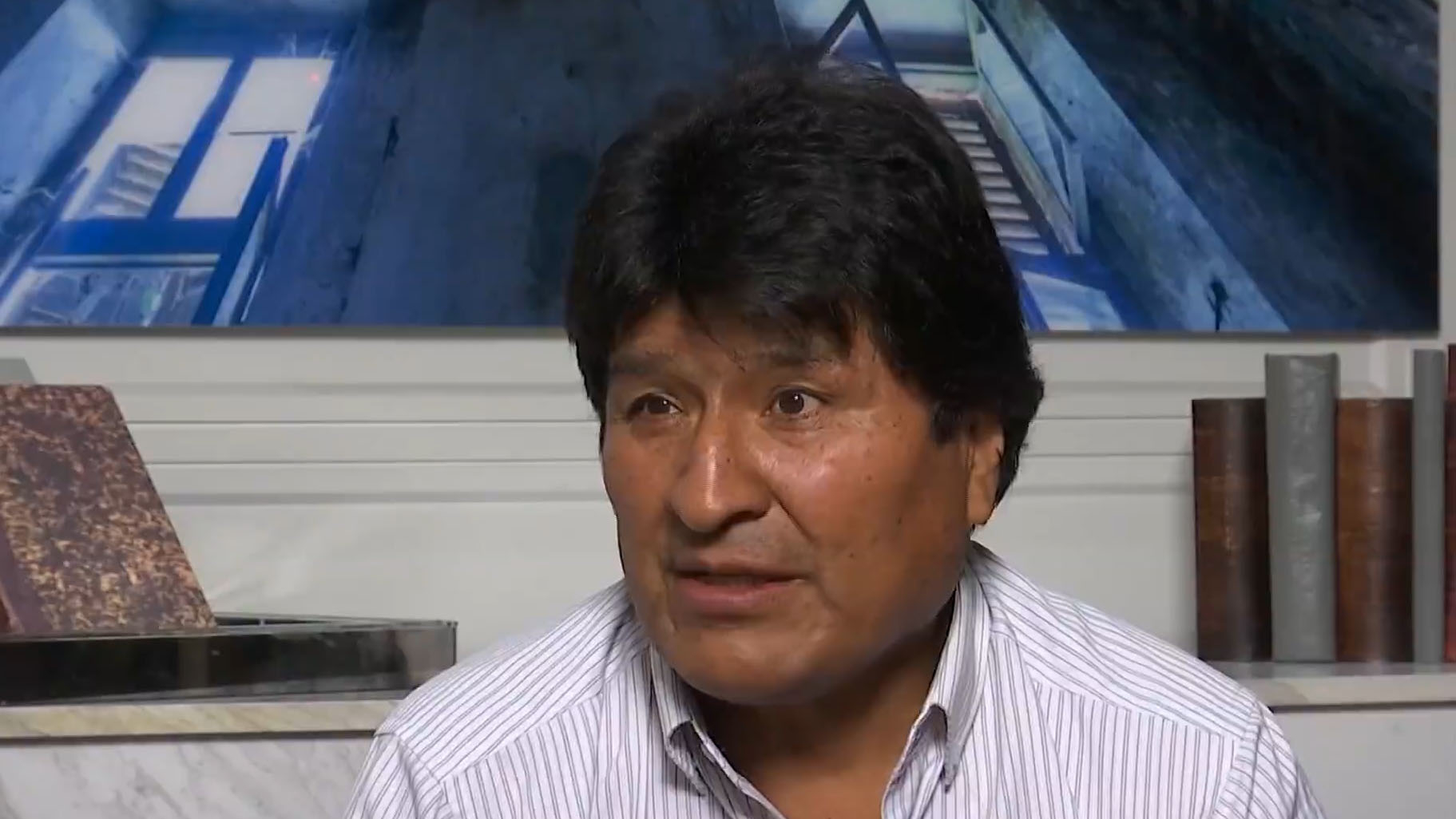Bolivia's exiled former president Evo Morales says he is willing to sit out the next presidential election if he can finish the last few months of his term and name a new electoral committee to oversee the vote. His country has been wracked by chaos since October's disputed vote.
CGTN's Gerald Tan takes a look at the key events in the crisis.
01:44

The political turmoil in Bolivia boils down to one man: Evo Morales -- the nation's first indigenous president. Morales had been one of the longest serving leaders in Latin America.
In 2016, he held a referendum to extend presidential term limits. Morales lost, but then challenged that decision.
Two years ago, the electoral court declared that not allowing him to run again violated his human rights. The ruling was controversial.
Fast forward to October’s presidential election. Morales ran for a 4th consecutive term and won.
But election observers reported irregularities: The opposition said the vote was rigged; and people took to the streets.
After weeks of unrest, the military said on Nov. 10th, that it was time for an embattled Morales to go. Later that day, he announced his resignation - but maintains he was pushed out illegally.
“So far, the Legislative Assembly haven't approved or rejected the resignation. If they haven't approved or rejected, I can say that I am still the President. The moment they approve my resignation, I am no longer President," Morales said.
After nearly 14 years in power, Morales is now in exile in Mexico. But his departure appears to have only deepened Bolivia's crisis.
After his allies in the legislature resigned, one of his fiercest critics Jeanine Anez assumed the position of interim president. She is also facing calls to resign, but she said she will call for new, transparent elections soon.